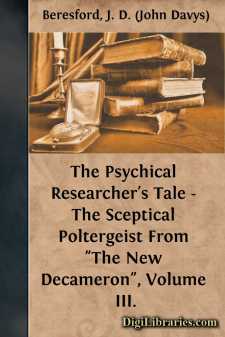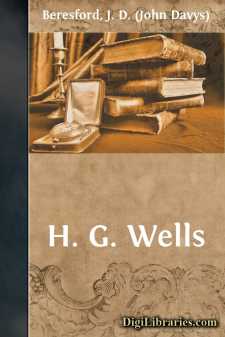Categories
- Antiques & Collectibles 13
- Architecture 36
- Art 48
- Bibles 22
- Biography & Autobiography 813
- Body, Mind & Spirit 138
- Business & Economics 28
- Children's Books 12
- Children's Fiction 9
- Computers 4
- Cooking 94
- Crafts & Hobbies 4
- Drama 346
- Education 46
- Family & Relationships 57
- Fiction 11821
- Games 19
- Gardening 17
- Health & Fitness 34
- History 1377
- House & Home 1
- Humor 147
- Juvenile Fiction 1873
- Juvenile Nonfiction 202
- Language Arts & Disciplines 88
- Law 16
- Literary Collections 686
- Literary Criticism 179
- Mathematics 13
- Medical 41
- Music 40
- Nature 179
- Non-Classifiable 1768
- Performing Arts 7
- Periodicals 1453
- Philosophy 64
- Photography 2
- Poetry 896
- Political Science 203
- Psychology 42
- Reference 154
- Religion 505
- Science 126
- Self-Help 81
- Social Science 81
- Sports & Recreation 34
- Study Aids 3
- Technology & Engineering 59
- Transportation 23
- Travel 463
- True Crime 29
The Wonder
Categories:
Description:
Excerpt
I
I could not say at which station the woman and her baby entered the train.
Since we had left London, I had been struggling with Baillie's translation of Hegel's "Phenomenology." It was not a book to read among such distracting circumstances as those of a railway journey, but I was eagerly planning a little dissertation of my own at that time, and my work as a journalist gave me little leisure for quiet study.
I looked up when the woman entered my compartment, though I did not notice the name of the station. I caught sight of the baby she was carrying, and turned back to my book. I thought the child was a freak, an abnormality; and such things disgust me.
I returned to the study of my Hegel and read: "For knowledge is not the divergence of the ray, but the ray itself by which the truth comes to us; and if this ray be removed, the bare direction or the empty place would alone be indicated."
I kept my eyes on the book—the train had started again—but the next passage conveyed no meaning to my mind, and as I attempted to re-read it an impression was interposed between me and the work I was studying.
I saw projected on the page before me an image which I mistook at first for the likeness of Richard Owen. It was the conformation of the head that gave rise to the mistake, a head domed and massive, white and smooth—it was a head that had always interested me. But as I looked, my mind already searching for the reason of this hallucination, I saw that the lower part of the face was that of an infant. My eyes wandered from the book, and my gaze fluttered along the four persons seated opposite to me, till it rested on the reality of my vision. And even as my attention was thus irresistibly dragged from my book, my mind clung with a feeble desperation to its task, and I murmured under my breath like a child repeating a mechanically learned lesson: "Knowledge is not the divergence of the ray but the ray itself...."
For several seconds the eyes of the infant held mine. Its gaze was steady and clear as that of a normal child, but what differentiated it was the impression one received of calm intelligence. The head was completely bald, and there was no trace of eyebrows, but the eyes themselves were protected by thick, short lashes.
The child turned its head, and I felt my muscles relax. Until then I had not been conscious that they had been stiffened. My gaze was released, pushed aside as it were, and I found myself watching the object of the child's next scrutiny.
This object was a man of forty or so, inclined to corpulence, and untidy. He bore the evidences of failure in the process of becoming. He wore a beard that was scanty and ragged, there were bald patches of skin on the jaw; one inferred that he wore that beard only to save the trouble of shaving. He was sitting next to me, the middle passenger of the three on my side of the carriage, and he was absorbed in the pages of a half-penny paper—I think he was reading the police reports—which was interposed between him and the child in the corner diagonally opposite to that which I occupied....





